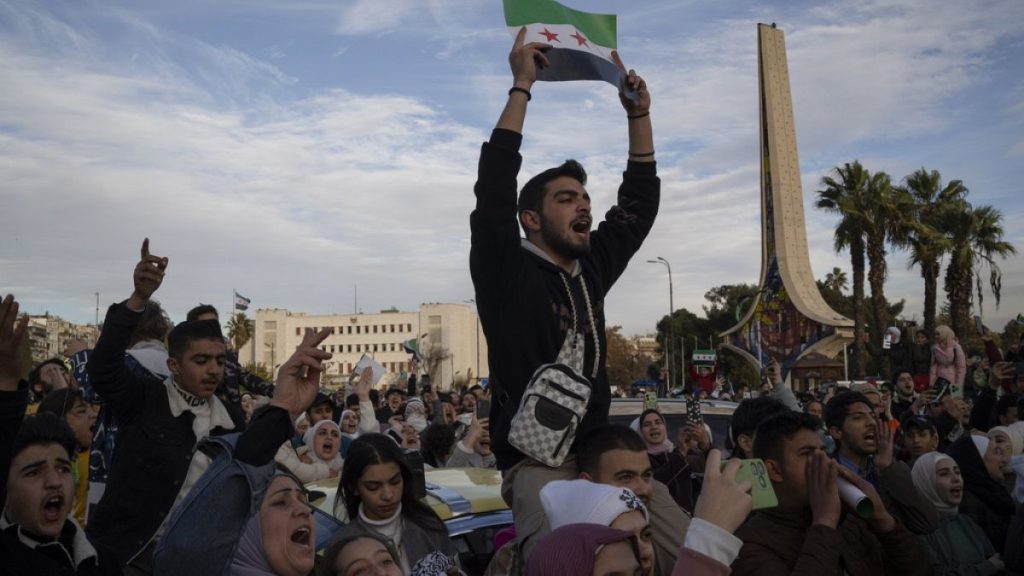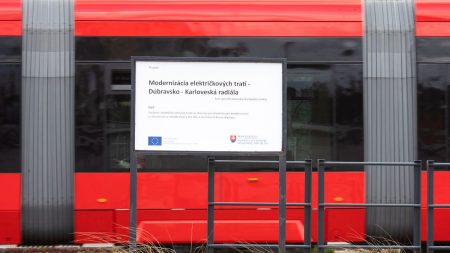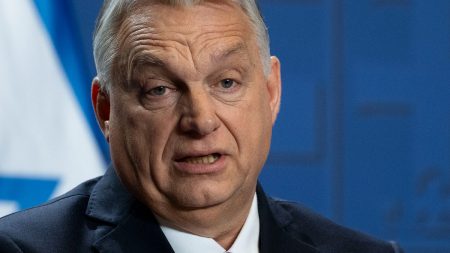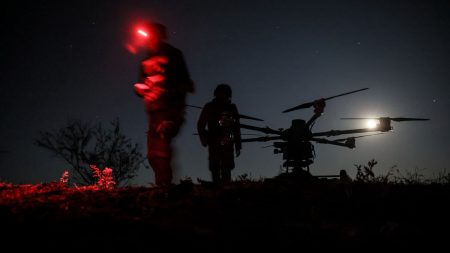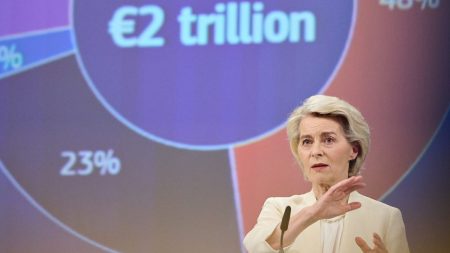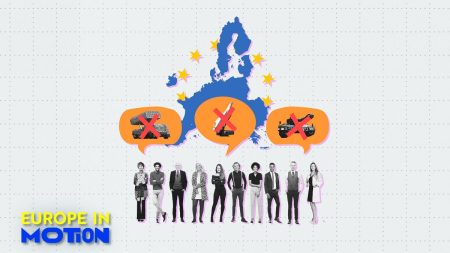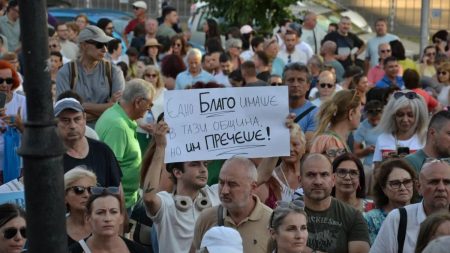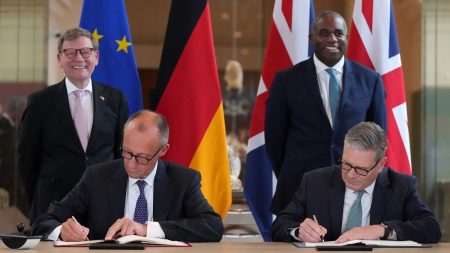Russia’s surprising inaction during the recent swift collapse of the Assad regime in Syria, a long-time ally, stemmed primarily from its preoccupation with the ongoing war in Ukraine. Moscow, facing resource constraints, prioritized its Ukrainian campaign, leaving Assad with a mere offer of sanctuary rather than military intervention. This marked a significant departure from Russia’s previous staunch support, which included a substantial military deployment in 2015 at Assad’s request to combat both Syrian opposition forces and the Islamic State. The shift in focus to Ukraine, confirmed by MEP Ivars Ijabs, highlights the strategic importance of the Ukrainian conflict for Russia, particularly in light of potential changes in US foreign policy under the new administration. Russia’s inability to support Assad militarily is further attributed to its stretched resources, as highlighted by MEP Nikola Minchev, who points to Russia’s dependence on North Korea for support in the Ukrainian conflict, leaving it unable to extend assistance to the Syrian regime.
The war in Ukraine, now nearing its third year, has forced Russia to reassess its global commitments, scaling back its involvement in various conflicts across Africa, the Middle East, and notably, Syria. This reduced engagement reflects Russia’s concentration on the Ukrainian front, evidenced by its vulnerability during Ukraine’s incursion into the Kursk oblast, as pointed out by Dr. Joris Van Bladen. This incident underscores the strain on Russian resources and its prioritization of the Ukrainian conflict. However, despite the apparent withdrawal of support for Assad, Russia’s interest in Syria remains. Rather than complete disengagement, Russia is pursuing a more nuanced strategy, establishing connections with the new Syrian government, a move that appears pragmatic given Russia’s need to secure its existing interests in the region.
Surprisingly, Russia has transitioned from labeling the Syrian opposition as “terrorists” to engaging with the new government. This shift is driven by a pragmatic need to protect its military assets in Syria, particularly the Tartus naval base and the Khmeimim Air Base, which are crucial for maintaining Russian influence in the Middle East. These bases represent Russia’s strategic foothold in the region, explaining the Kremlin’s efforts to negotiate with the new Syrian government. The future of these bases remains unclear, with conflicting reports emerging. Russian state media claims the bases’ security has been guaranteed through an agreement, while Ukrainian intelligence suggests Russia is withdrawing military equipment. This ambiguity reflects the complexities of the situation and the ongoing negotiations.
Russia’s changing approach in Syria underscores its strategic recalibration in the face of the Ukrainian conflict. The withdrawal of direct support for Assad and the subsequent engagement with the new government represent a pragmatic shift driven by the need to safeguard its interests in the region. This strategic adaptation suggests that Russia, while prioritizing Ukraine, remains committed to maintaining its influence in the Middle East, leveraging its existing military infrastructure and forging new relationships to achieve its objectives. The fluctuating reports about Russian military presence add further complexity to the situation, and the long-term ramifications of Russia’s evolving Syrian strategy remain to be seen.
Russia’s actions in Syria, from its initial robust support of Assad to its current pragmatic engagement with the new government, reveal a strategic recalibration driven by the demands of the Ukrainian war. This shift, although seemingly abandoning Assad, reflects a calculated move to preserve its long-term interests in the Middle East, highlighting the strategic importance of Syria as a gateway to the region. The future of Russian involvement in Syria remains intertwined with the trajectory of the Ukrainian conflict and the evolving political landscape in Syria itself. The conflicting reports about Russian military assets underscore the dynamic nature of the situation, making it challenging to predict Russia’s long-term strategy in Syria with certainty.
The situation in Syria highlights the complex interplay of geopolitical interests and the challenges of managing multiple international engagements. Russia’s changing approach, while appearing contradictory, reflects a pragmatic adaptation to the realities of its current strategic priorities. By prioritizing the Ukrainian front, Russia has been forced to reassess its commitments elsewhere, leading to a more nuanced approach in Syria that emphasizes securing existing assets and forging new relationships. The future of Russian influence in Syria and the Middle East will depend on its ability to navigate these complex dynamics and adapt to the evolving geopolitical landscape.




